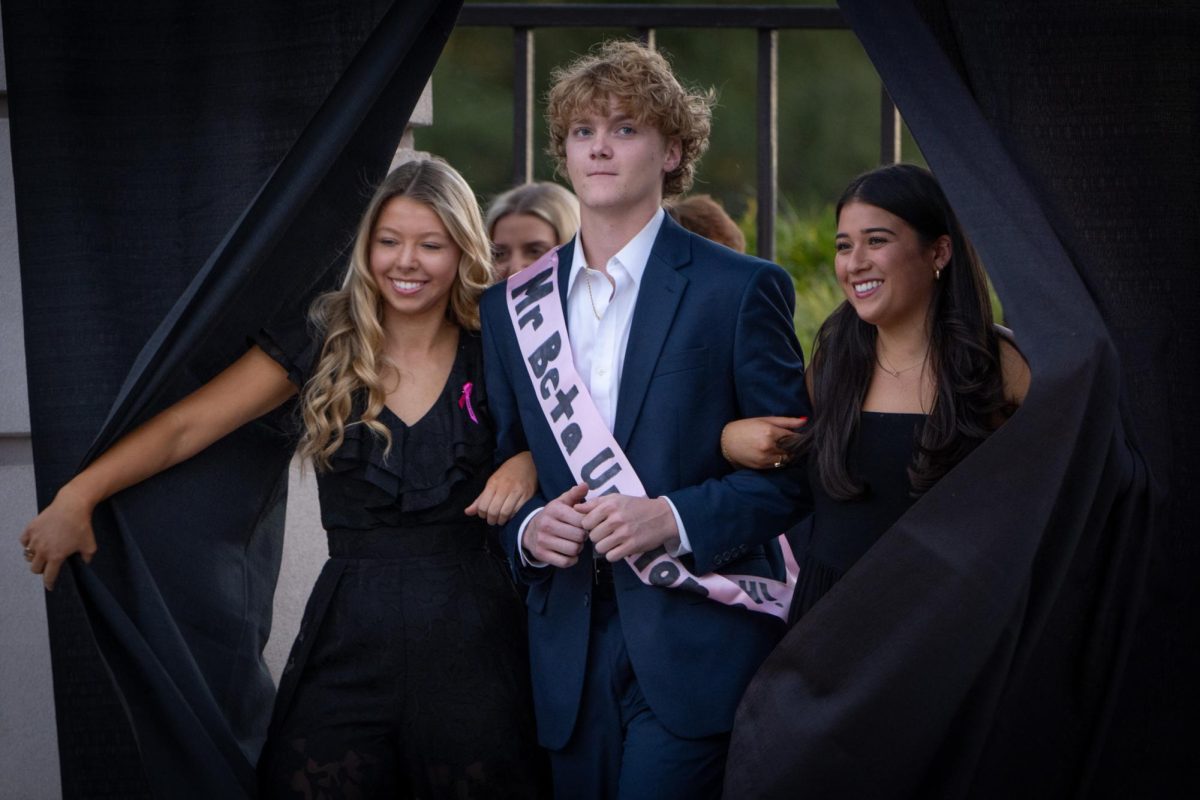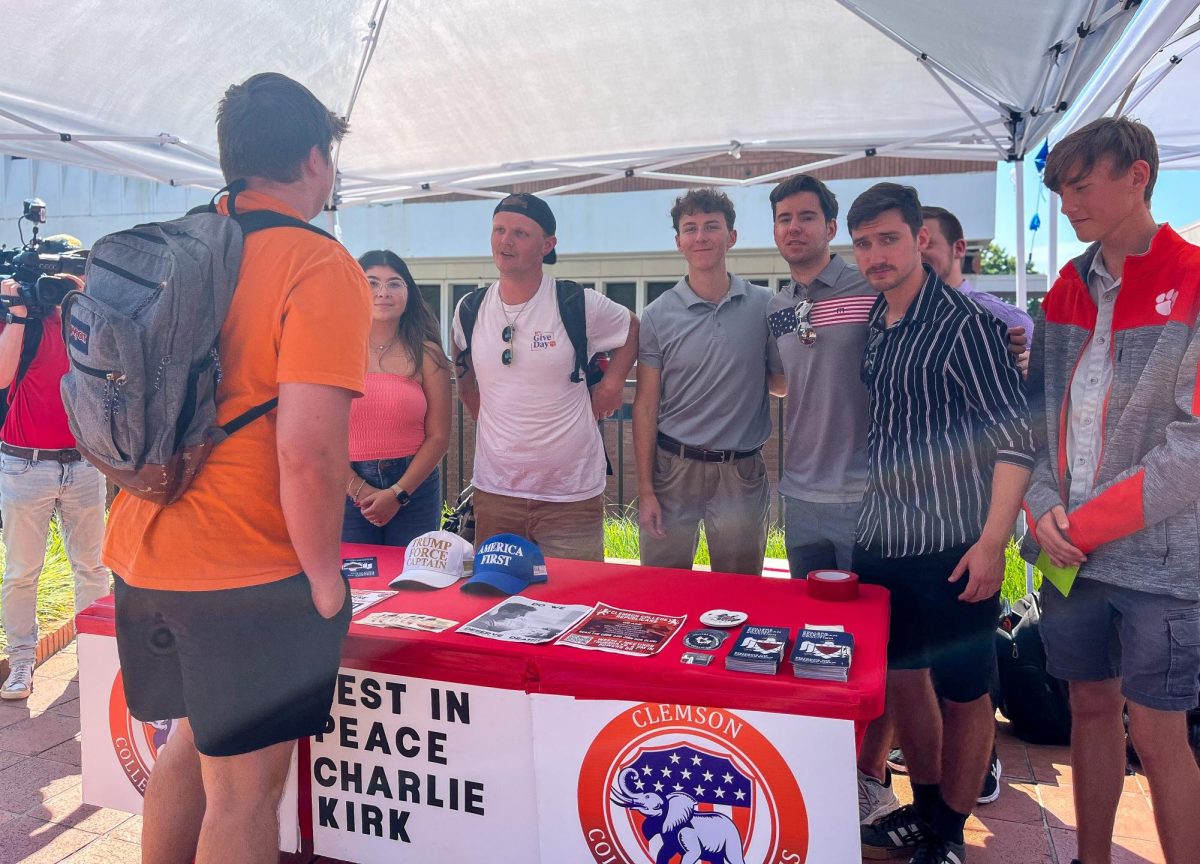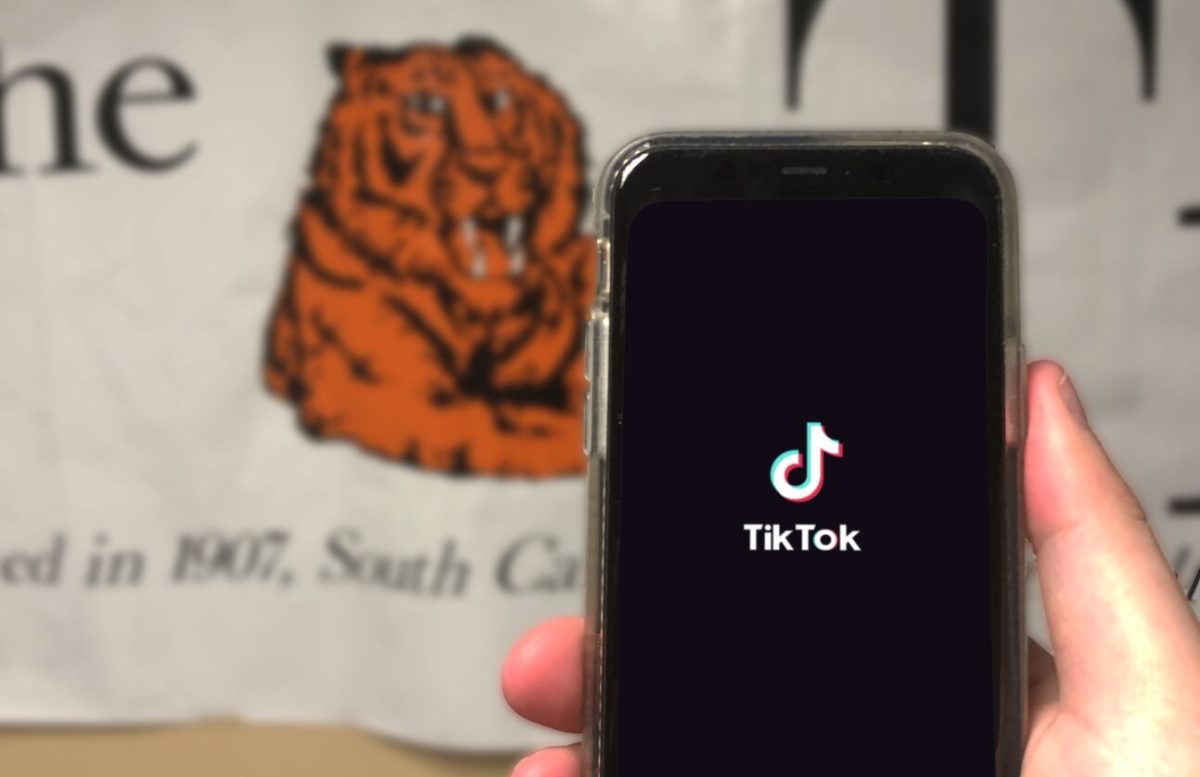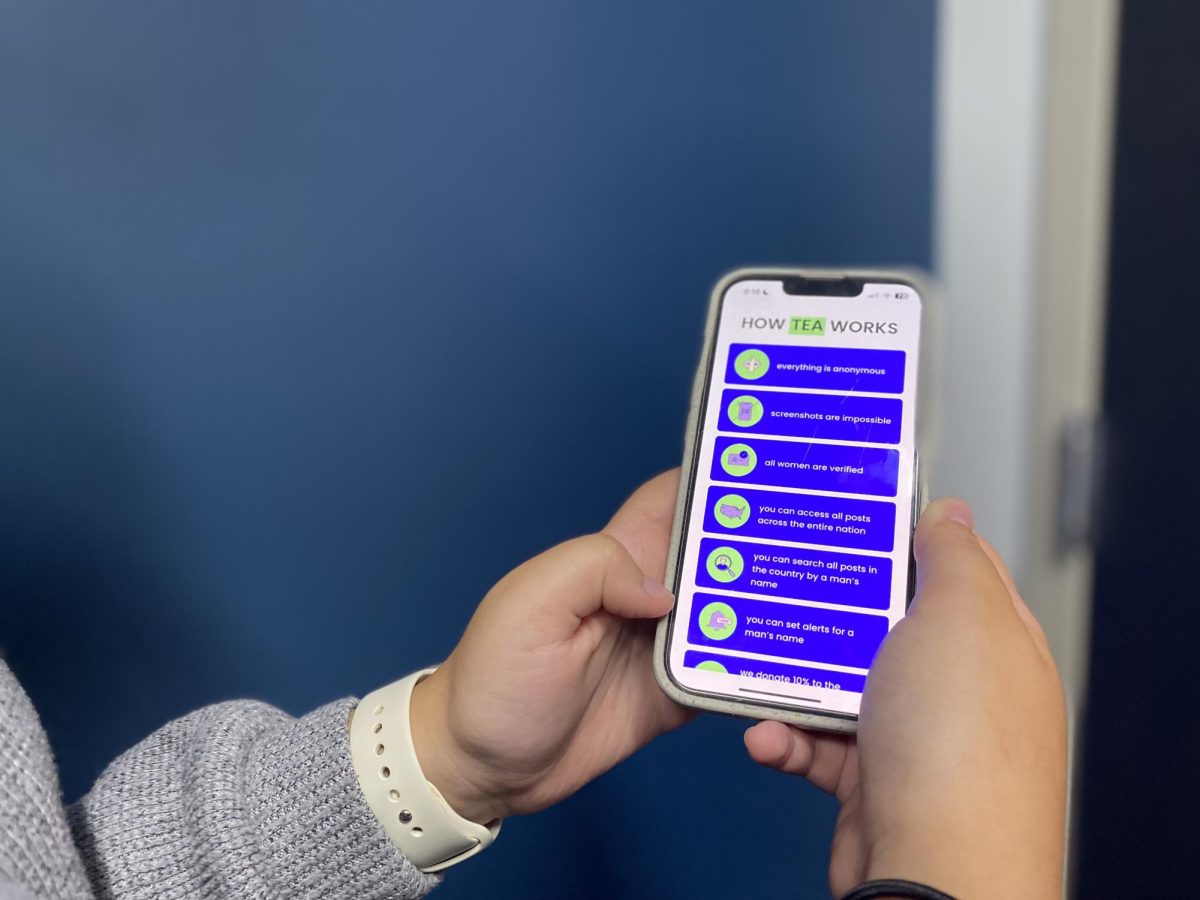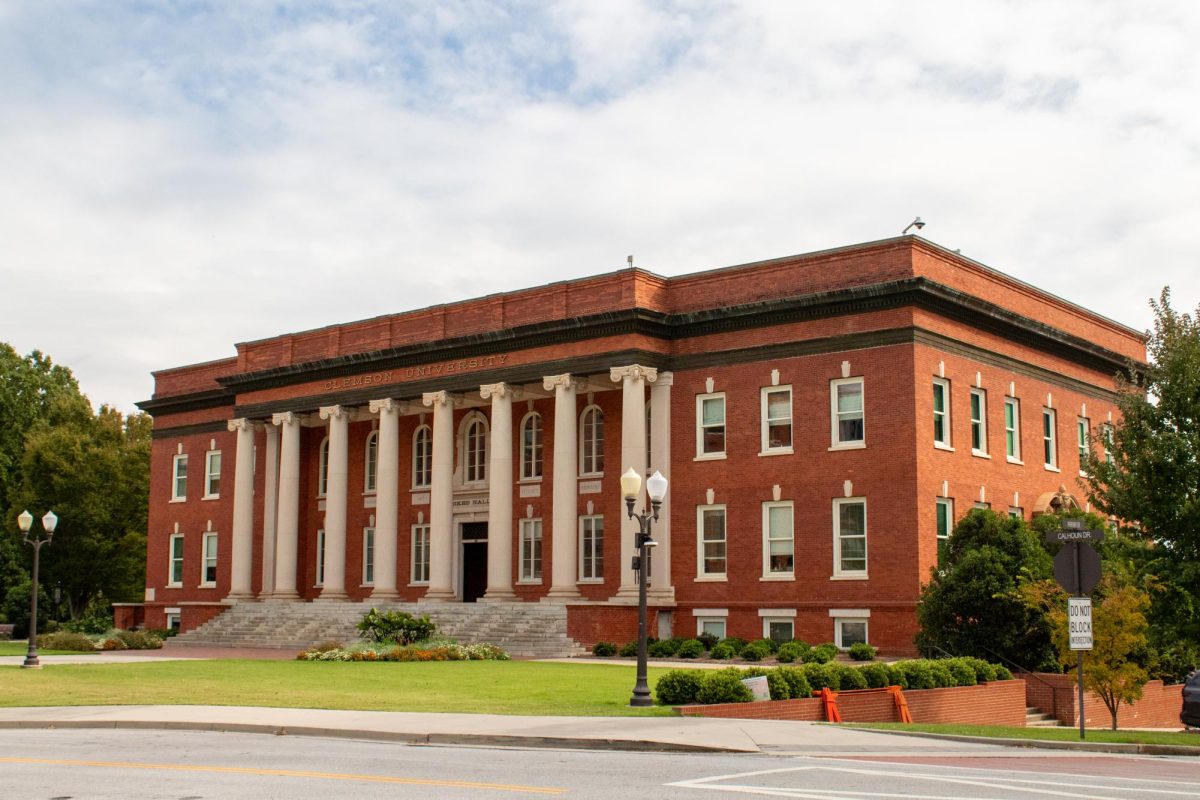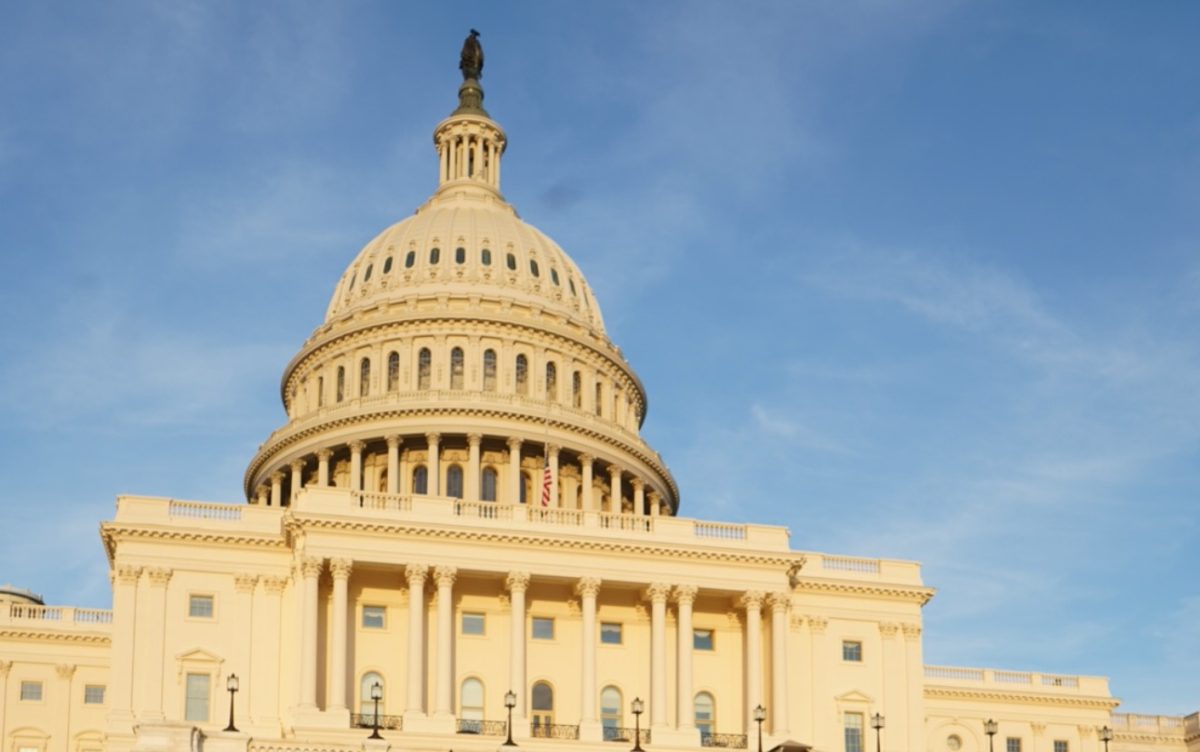Fraternities and Greek life have faced more and more scrutiny in recent years, not only for a history of discrimination but also for a reputation of mistreating women. Phi Gamma Delta (FIJI) at University of Nebraska-Lincoln (UNL) was closed last week after a 17-year-old girl was allegedly sexually assaulted by a member of FIJI.
Clemson’s Greek life has come under much fire in the last decade, but most of the criticism was around hazing, especially following the death of Tucker Hipps in 2014. Two fraternities are currently suspended from campus for general misconduct: Phi Kappa Tau and Delta Tau Delta. While the suspension is expired for Sigma Phi Epsilon and Sigma Pi, neither have petitioned for reinstatement. Sigma Chi is permanently banned.
In an Instagram response, Clemson’s chapter of FIJI condemned the actions of brothers at UNL. “We strongly condemn all actions of sexual misconduct amidst the allegations of another chapter that exists within our national organization, including the disrespect shown in that chapter’s initial response,” said Clemson’s FIJI chapter.
“On behalf of the Chi Alpha chapter of Phi Gamma Delta — we are sorry to the survivors who have had to face these experiences,” they continued. “We know that our words mean little, but hope to follow those words with actions that continue to support and advocate for all survivors.”
The events unfolding at UNL are not dissimilar to an alleged assault at the Clemson Sigma Chi fraternity house in 2016, when Stokes Brownlee, then 19-years-old, allegedly forced another Clemson student to perform oral sex on him.
Brownlee was not a member of Sigma Chi, but the fraternity was already suspended for prior misconduct until 2025, which meant they should not have been active on campus. After this event, Sigma Chi is now permanently suspended from Clemson.
Another alleged assault in 2018 at the Delta Chi house paused fraternity operations altogether, though the victim later claimed the allegations were false and events were resumed.
This led to new regulations by Clemson Interfraternity Council (IFC), severely limiting fraternity parties. This included a prior registration of a guest list with the IFC, limited the number of parties per year, and required police officers or security guards at events. This was highly controversial among the Greek community, which felt that IFC had turned against them.
While COVID-19 restrictions undoubtedly reduced fraternity parties for the previous school year, no major incidents of sexual assault at fraternities have been made public since the 2018 allegations.





